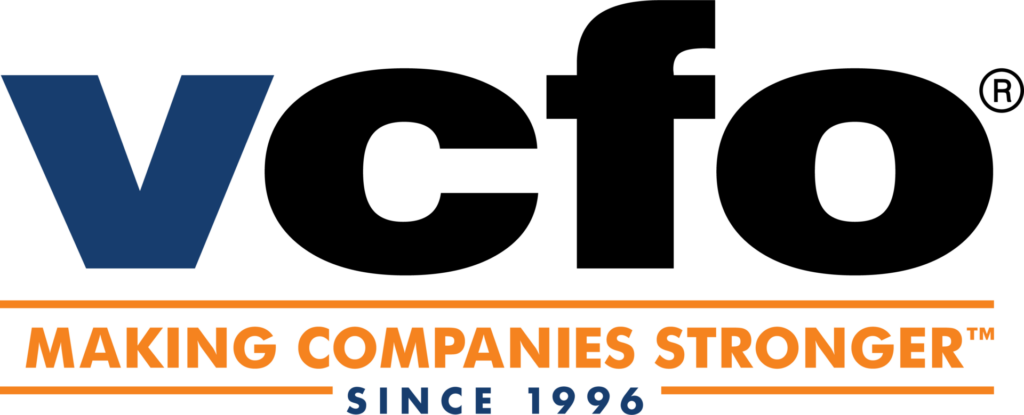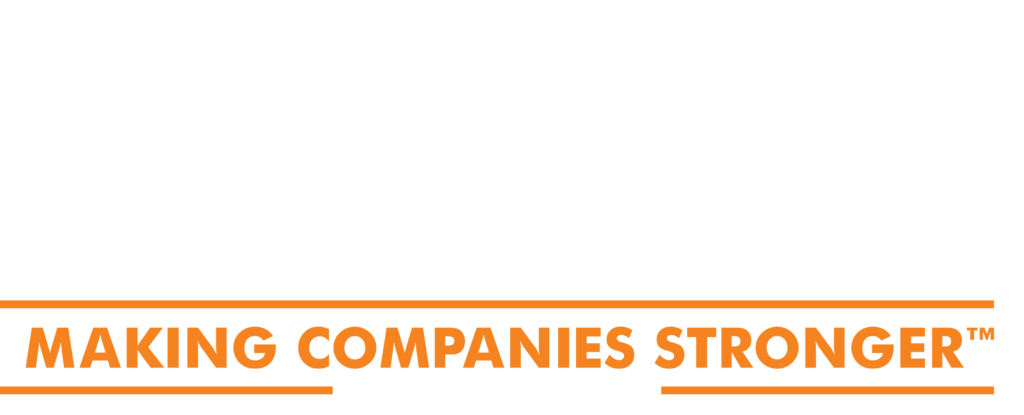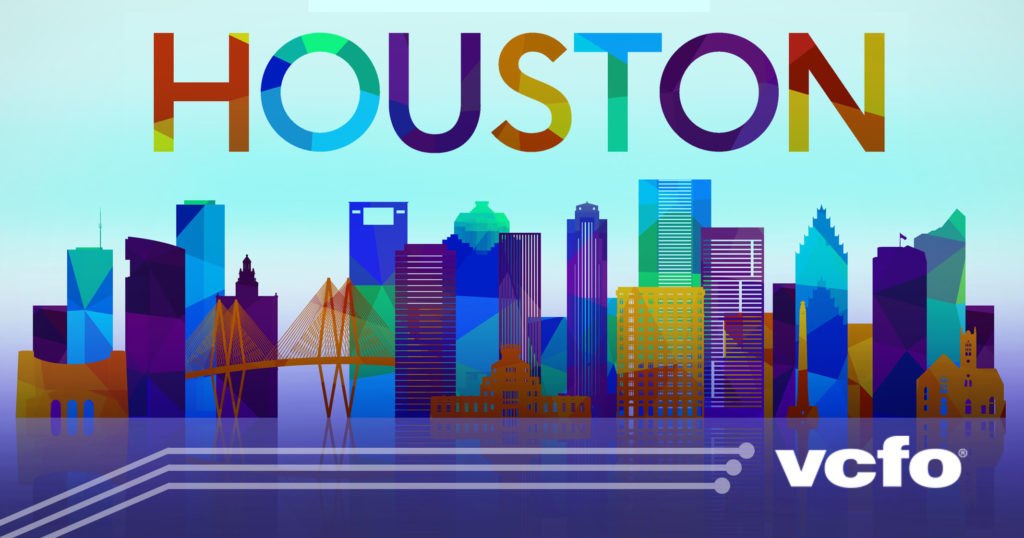Houston’s Innovation Economy is a Go for Launch!
Historically, Houston has not gotten much respect as a hub for innovation. Having styled itself as the “energy capital of the world”, most people still associate its economy with the extraction and processing of hydrocarbons, an industry very much seen as one that will wane (albeit not any time soon).
For the latter part of the 20th century, that was very much the case. Incensed by the USA’s support of Israel in its crushing defeat of the Egyptian and Syrian armies in the Yom Kippur war of 1973, Arab oil producing nations imposed an embargo. As the price of oil soared to a peak of more than $31 in 1981, drilling in Texas boomed and so did the Houston economy. Loose lending by banks and savings & loan institutions fueled the growth. Sound familiar? The impact of the subsequent slide in the price of oil to $12.50 in 1986 was devastating to the Houston economy. Banks collapsed, business and personal bankruptcies proliferated, and the real estate market was moribund well into the 1990s.
Since then, the Houston economy has diversified and become a lot more resilient. A case in point would be the impact of the collapse in the price of oil following a dramatic run up in the first part of the last decade. As the price dropped from over $100 to less than $30 – an even more dramatic decline percentagewise than the collapse in the 1980s – the fallout was contained. Many of the displaced workers found good-paying construction jobs as numerous plants were built or expanded along the Gulf Coast to take advantage of cheap natural gas and NGLs (natural gas liquids).
Contrary to doomsayers’ predictions, oil companies survived, and even prospered, at lower prices by innovating. Technology played a huge part in more accurate directional drilling, improved well designs, longer laterals, better proppant, etc. The breakeven price for a fracked barrel of oil has been reduced from about $65 in 2013 to as little as $20 today.
Meanwhile, other industries were also attaining prominence in Houston, and they helped cushion the blow:
- With the world’s largest medical center, Texas Medical Center, and including, arguably, its best and most famous cancer treatment hospital, MD Anderson, Houston could credibly lay claim to being the “medical capital of the world”.
- The preeminence of the Johnson Space Center in Apollo, Shuttle and ISS space projects has also launched a robust aerospace industry. The title of “space capital of the world” is currently up for grabs. Some would argue its Houston’s to lose.
- The expansion of the Port of Houston and the widening of the Panama Canal has spawned a massive logistics ecosystem.
- Houston is headquarters for 41 Fortune 1000 companies, the fourth highest concentration in the country.
The economic crisis of the 80’s and the smaller crises that followed, together with the periodic impact of natural disasters such as tropical storm Allison and hurricane Harvey, has forged in Houston a spirit of cooperation and fierce entrepreneurialism. This spirit is evident in the many initiatives that are now underway to bolster the innovation ecosystem and position Houston as a tech center to rival neighboring Austin’s well-earned reputation as the “Silicon Hills”:
- Houston’s educational institutions (including, but not limited to Rice, UH, UTMB, and A&M) are seedbeds of research and a source of quality talent.
- A large and growing talent pool. According to the CTIA, Houston, with 243,900 digital technology workers, recently nudged Philadelphia out of the number 11 spot nationally. However only 59,000 (24%) of those were employed in technical occupations at a “tech” company – a lower percentage than any of the top 20 metros. This explains why Houston is yet to be recognized as a tech hub. Nonetheless, the talent is in situ and waiting to be unleashed.
- Houston is now home to more than 500 digital technology companies. Houston’s top 100 digital tech companies employ more than 25,000 people.
- The establishment of the TMC Innovation Institute (TMCx) at the Texas Medical Center together with an associated venture fund. TMCx is a medical device and digital health accelerator which advances the development of health and medical technology companies by connecting visionary entrepreneurs to the abundant resources of the Texas Medical Center.
- The imminent opening of “The Ion”, a nearly 300,000-square-foot facility which will serve as the hub of an innovation district in Midtown Houston. The Ion, developed by Rice University, is envisaged to be a collaborative space serving businesses at all stages of innovation lifecycle. Several groups, including Houston Exponential, have already committed to take up residence in The Ion. The Ion represents the first phase in the development of the broader innovation district, which will cover roughly 16 acres on the south end of Midtown.
- The opening of “The Cannon”, a state-of-the-art facility strategically located near the “energy corridor” at the West Beltway and I10. The Cannon serves as a community-minded hub providing resources, programming and connections for innovators, entrepreneurs, intrapreneurs at large corporations, small businesses, investors, and service providers.
- There are more than 20 other hubs and accelerators nurturing entrepreneurial early-stage companies.

According to a 2020 snapshot produced by the Greater Houston Partnership, the tech economy contributes:
- $28B in Impact to Metro GDP (5.8%)
- 243,900 Tech positions
- 700+ VC backed startups
- $753M in Tech venture capital in 2020
All this activity is starting to produce results, with two Houston companies achieving the vaunted “Unicorn” status in the last 12 months:
- High Radius ($3.1B valuation) is a Fintech SaaS software company.
- Axiom Space ($1B valuation) is building and operating the world’s first private space station supporting the research, testing of exploration-enabling technologies, and designing in-space manufacturing that will create new opportunities for advanced industries and enable future human space exploration.
This all adds up to exciting times for participants in the Houston tech economy. The future for the “Silicon Plains” of Houston has never been brighter.
Houston, we are “go” for launch!
——-
If you are interested in growing your business in this booming tech ecosystem, call the team at vcfo. Over our 25 years, we have helped our clients raise or structure hundreds of millions in capital, working with countless startups and technology companies. Tap our team to bring financial and organizational wisdom and expertise to your organization.


